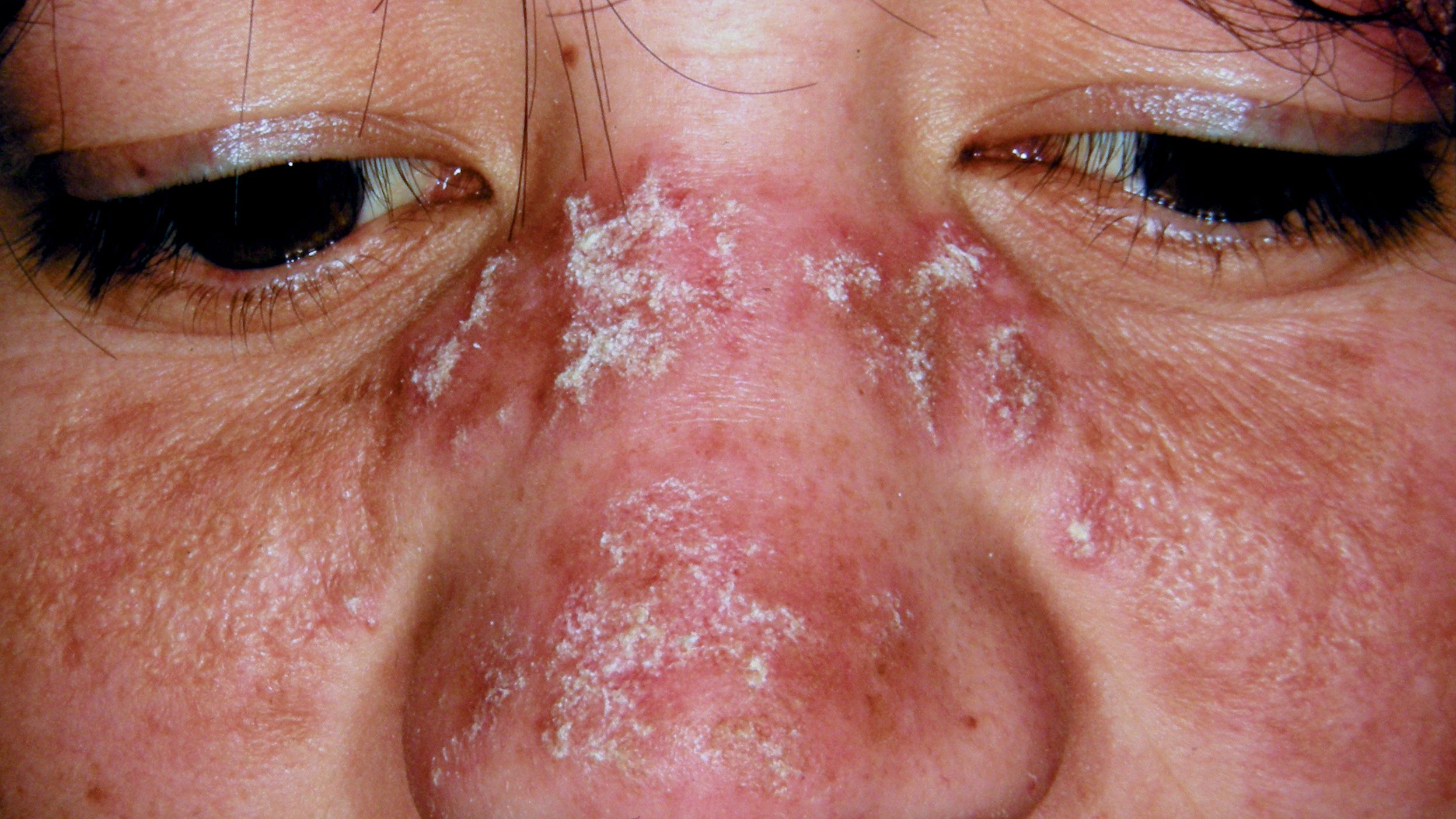Skin & Esthetics
Everything you should know Lupus
By D.A. (staff writer) , published on November 30, 2020

Medicine Telehealth Health lupus
Lupus is a systemic autoimmune disease that occurs when your body's immune system attacks your own tissues and organs. Inflammation caused by lupus can affect many different body systems including your joints, skin, kidneys, blood cells, brain, heart and lungs.
Lupus can be difficult to diagnose because its signs and symptoms often mimic those of other ailments. The most distinctive sign of lupus a facial rash that resembles the wings of a butterfly unfolding across both cheeks occurs in many but not all cases of lupus.
Some people are born with a tendency toward developing lupus, which may be triggered by infections, certain drugs or even sunlight. While there's no cure for lupus, treatments can help control symptoms.
Lupus is a disease of the immune system. When people talk about “lupus,” they’re often referring to the most common type, systemic lupus erythematosus (SLE).
Your immune system protects your body from infection. But when you have lupus, your immune system attacks your own tissues. This leads to tissue damage and illness.
Symptoms
The symptoms of lupus occur in times of flare-ups. Between flare-ups, people usually experience times of remission, when there are few or no symptoms.
Lupus has a wide range of symptoms, including:
- fatigue
- a loss of appetite and weight loss
- pain or swelling in joints and muscles
- swelling in the legs or around the eyes
- swollen glands, or lymph nodes
- skin rashes, due to bleeding under the skin
- mouth ulcers
- sensitivity to the sun
- fever
- headaches
- chest pain upon deep breathing
- unusual hair loss
- pale or purple fingers or toes from cold or stress (Raynaud’s phenomenon)
- arthritis
Lupus Complications
Many people who have active lupus feel ill in general. They have fever, weight loss, and fatigue. When their immune system attacks a certain organ or part of the body, they can also have more specific problems. Lupus can affect these body parts:
Skin. Skin problems are common with lupus. So are hair loss and mouth sores. If you have a type called discoid lupus, you get large, red, circular rashes that may scar. Sunlight usually irritates skin rashes. A common lupus rash called subacute cutaneous lupus erythematosus is often worse after you go out in the sun. You might have it on your arms, legs, and torso. A rare but serious form of lupus rash called a bulbous lupus rash causes large blisters.
Joints. Arthritis is very common in people who have lupus. It can cause pain, with or without swelling. Stiffness and pain may be worse in the morning. Arthritis may be a problem for only a few days or weeks, or it may be permanent. It’s usually not severe.
Kidneys. Up to half of people who have lupus get kidney problems. They can be dangerous. These problems are more likely when you also have other lupus symptoms, such as fatigue, arthritis, rash, fever, and weight loss. But they can also happen when you don’t have any other symptoms.
Blood. People with lupus may have dangerously low numbers of red blood cells, white blood cells, or platelets (particles that help your blood clot).
References
Find articles related to: Medicine Telehealth Health lupus
More articles about Skin & Esthetics
Back to the Health Tips Index




